We’re now scrolling junkies. Why would we all waste our time scrolling through such utter nonsense, abuse, anger, ‘look at me’ posts, sharenting (parents sharing their kids), promotional jargon, show-off knowledge, repeated news stories, so-called opinions, thought leadership, questions as clickbait, engagement requests, follow requests, regular ads, so many examples, I could go on but I guess you get the idea.
The Facebook Effect
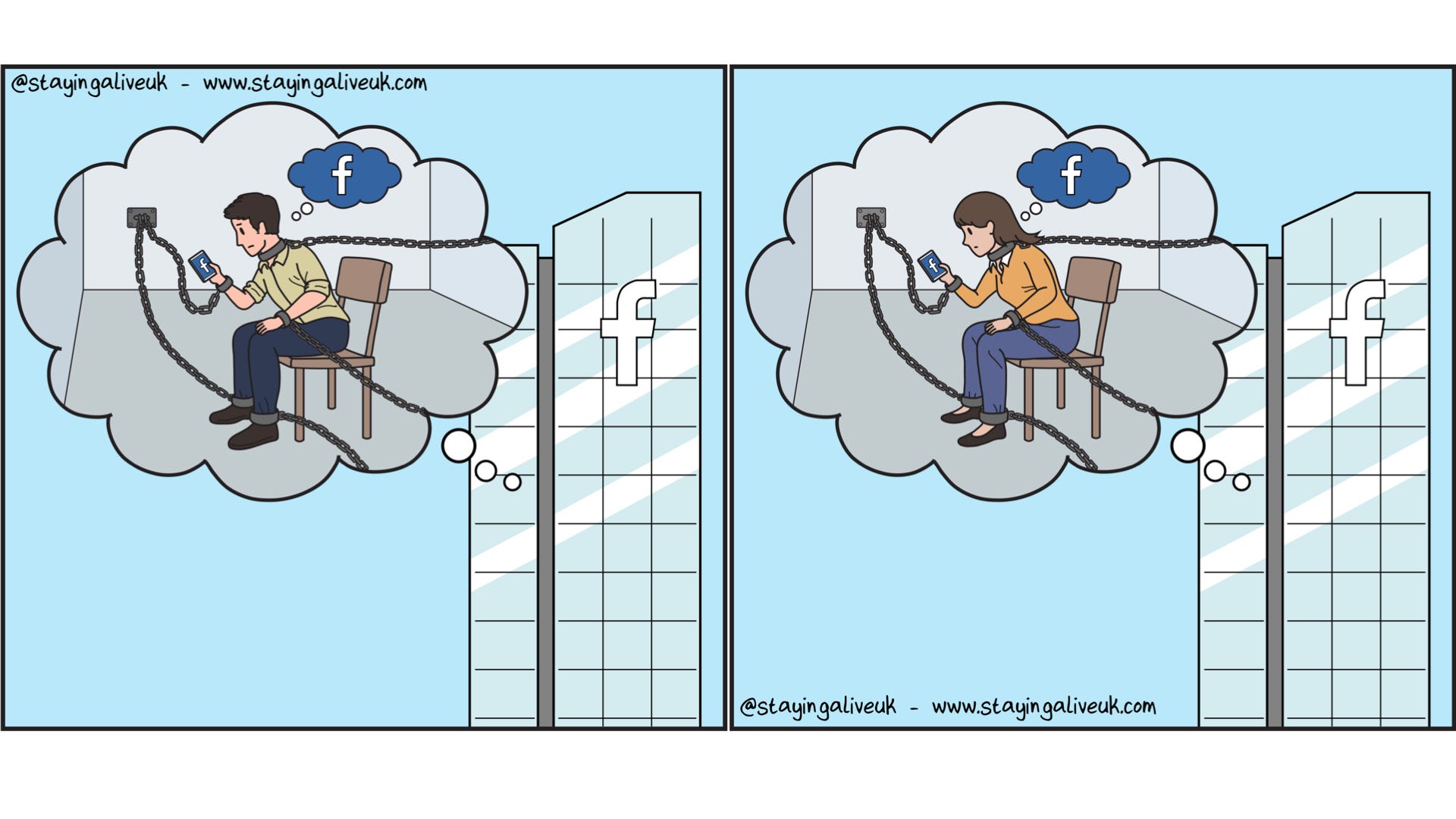
If I said to you that the Internet was being run by criminals and the only way to stop them is for you to stop using the Internet, you would never do it. The reason you’d never do it is because you can’t do without the Internet. It’s like electricity, gas and oil, you and everyone else couldn’t survive without it.
The same applies with Facebook. Facebook is so much part of society, an eco-system we just can’t do without. Most of us know that it causes untold harm in the world, people post the worst of humankind on the platform and Facebook are struggling to regulate themselves.
When Facebook became mainstream, we were all so overjoyed, apart from email there was nothing, well okay maybe Friends Reunited and MySpace, that allowed us to communicate and befriend almost anyone. In the beginning we would only connect with family and friends, this then grew beyond people we knew and we accepted requests from complete strangers. I wonder why we did this? Maybe we wanted to receive more likes (love) from strangers to makes us feel good about ourselves?
Facebook is like electricity, like gas and oil, maybe even food. We can not live without it, governments know this too and they can not live without it either, so any regulation or the dishing out of fines will always be small, because they need to make use of the platform to enable human surveillance, I know because I’ve heard this from Cyber Security professionals who advice the U.K. government.
Not everyone is staying on the platform though. They have lost users and more people tell me that they don’t do Facebook. They often say they prefer Instagram, haha they don’t realise it’s also Facebook! Some say they don’t do either, they prefer WhatsApp to stay in touch with friends. Oops that’s also Facebook! You see you can’t get away from them. Thousands of small business owners who have your email address and/or mobile phone number are able to add it to Facebook audiences and target you with ads and the latest changes to Facebook, which means you can’t even get your details removed from the advertisers that uploaded them, even if you’re not there. Facebook says nobody can see those details, but Facebook has them!
Happy Facebooking, just know who they are.
Lookup !
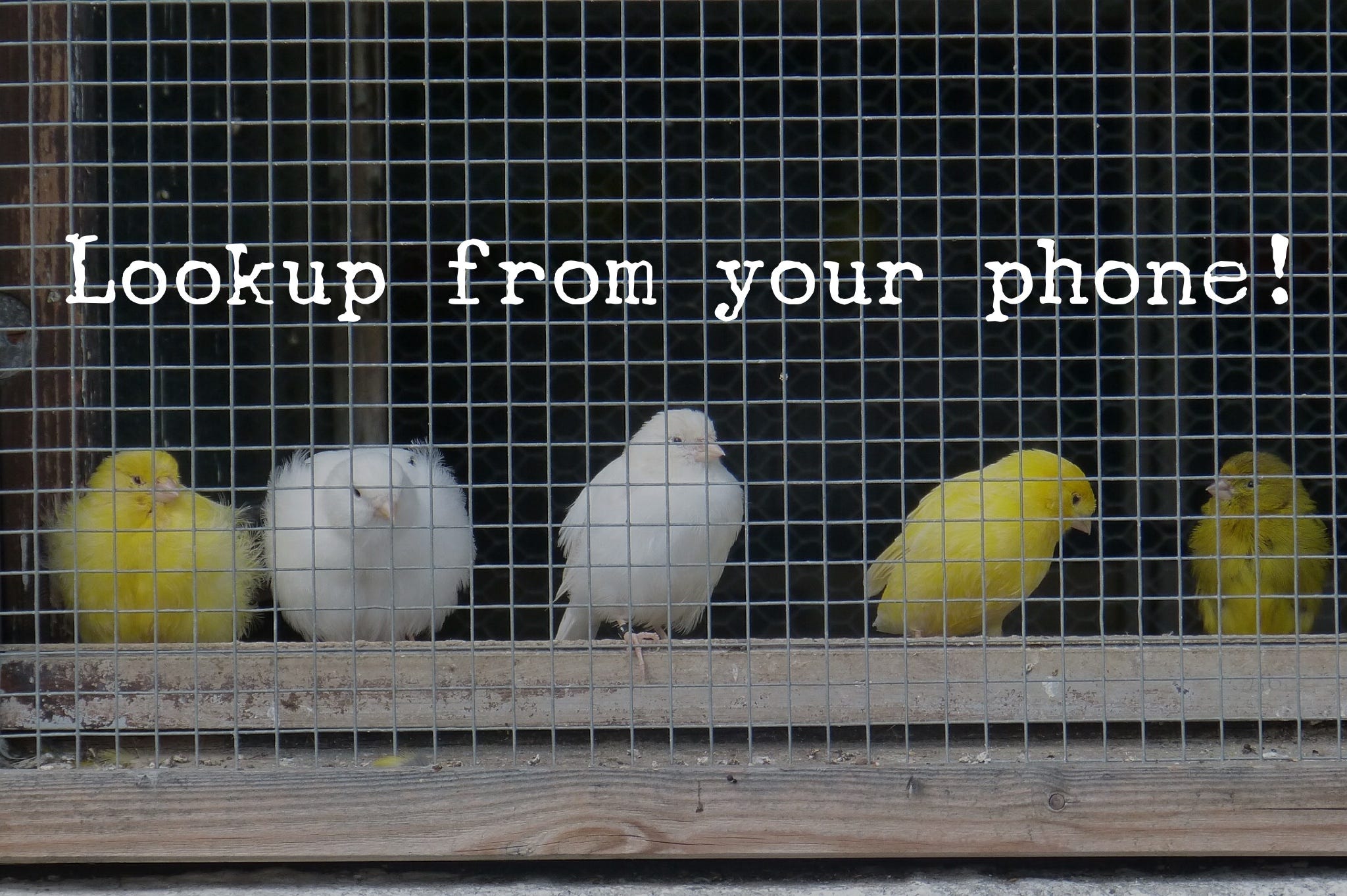
Lookup
Lookup
Lookup from your phone!!
Your eyes are burning
Your heart is churning
Lookup to live
Look down to flounder
Stop giving in to all the demand
Your better than this, remove your hand
Lookup to live
Look down to flounder
You’re living inside the machine
A terrible example for children to be seen
Lookup to live
Look down to flounder
Have a look at your little finger
It’s all misshapen to support that spinner
Lookup to live
Look down to flounder
Your eyes are worth a billion each
The adverts that you eat sending techies to the beach
Lookup to live
Look down to flounder
The birdsong is unheard
The sunset is missed
Your attention is unbroken
And your mind is pissed
Lookup to live
Look down to flounder
Lookup
Lookup
Lookup from your phone!!
Staring at my phone makes me happy?
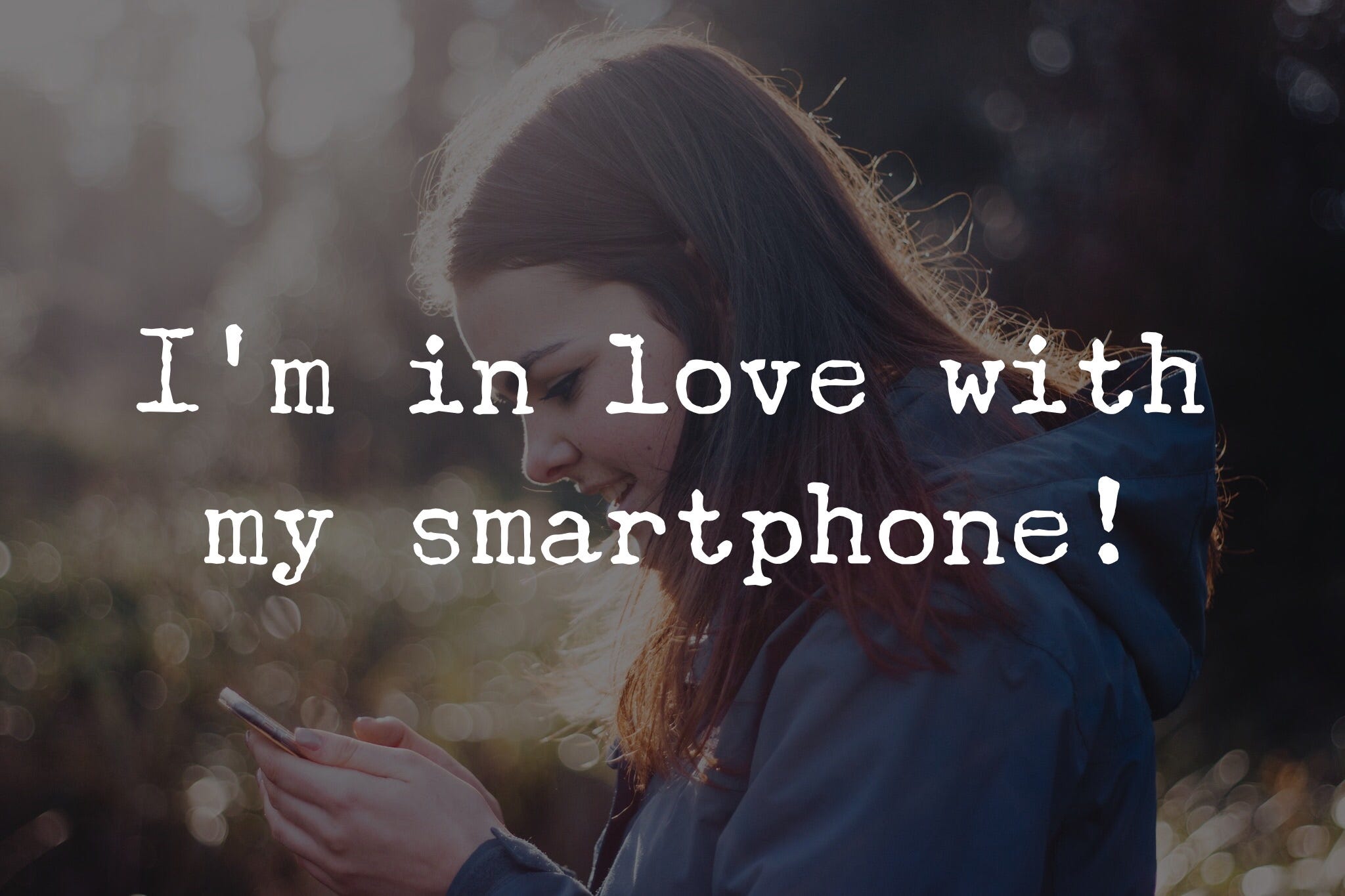
And what if that actually was true? I was walking Pip the Dog one morning and I was a little later than usual, when often I pass some kids walking on their way to school.
Without fail every single one is holding a smart phone clutched in one hand and sometimes both hands, like some prized possession. And yes they are walking and staring at their phone all at the same time. They definitely can’t see where they are going. I often want to walk directly towards them with my arms open, but then I know that would get me into trouble big time, so I don’t.
I’m sure as a parent you have no idea that your kid is doing this, correct? I’ve even seen several kids walking together all staring at their phones. Wow, that’s a really sad situation.
When mobile phones first came out, we weren’t holding them in our hands whilst walking and staring at them, because there was nothing to stare at. We would get the phone out of our bag or briefcase when we needed to call someone or accept an incoming call. Now with the advent of smart phones they are not just phones, they are addiction devices.
Kids are addicted, adults are addicted, we’re all addicted to our phones.
Oh, by the way, it was a beautiful sunny day, fluffy clouds, birdsong, trees bending in the breeze and they missed all of it. They didn’t have a clue, the day passed them by, never to be experienced again.
I don’t blame the smartphone makers as such, I blame the app makers, the social media tech companies, whose sole objective has and always will be to make us totally addicted to their advertising engines.
Ka-ching!!
I used to be a serial networker when I first discovered the practice in 2005 after leaving…
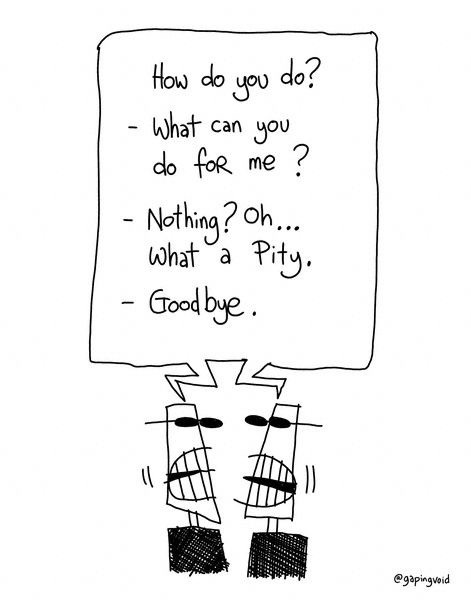
I used to be a serial networker when I first discovered the practice in 2005 after leaving corporate life. I had been convinced that ‘network marketing’ (MLM) was the future and signed up (mug) to a project that operated in the telecoms industry called Euphony Telecommunications. Needless to say the company no longer exists. The concept was getting people cheap calls by plugging their phone into a box, which re-routed the call and you could save hundreds on your bill. I was convinced I would be the next telecoms millionaire, they promised it after all.
After falling out with friends and family who did not want to support me, they’re supposed to be your warm prospects in MLM by the way, I needed a new strategy. And hey presto business networking was it! I was introduced by someone, no idea who and I’ve never forgiven them either, to join BNI. Another mistake. Pay a big amount for a substandard unhealthy breakfast and pretend that you can give business to lawyers, printers, will writers, insurance brokers, accountants and financial advisors. They clean up at these events, because, well, every business needs those services right? Wrong!
This started my decade of being a serial networker and apart from the odd bit of loose change, I never made any substantial business from them. So I changed my approach and outlook.
I see networking events as places where I can build relationships with like-minded people. I have actually made some really great friends for many years now and I did get some business from them and ‘some’ is the key word. I am grateful of course I am, but it’s never long term sustainable business. It’s just that they wish to be nice to you.
I see networking events as an opportunity to learn from others and use any tips that I may pick up for my own personal and growth. I go to see what I can give and not what I can take. I go to listen to the people I meet instead of touting what I have to sell. Invariably I strike up a better connection with someone when I let them speak first and I ask questions to uncover their story. After all people’s stories are the most interesting part of who they are.
And that’s why I was inspired to start my own podcast ‘Share Your Story’. You can listen to it here; stayingaliveuk.com/podcast.
But, nowadays I see so many networking pundits, my new name for the organisers of networking events, spouting on about what you might be missing out on and the potential business you are losing by not attending their events. I like meeting people because working on your own can be a very lonely experience but there’s nothing better than being in the office, getting orders and working on your own projects because at the end of the day it pays the bills.
Networking costs on average £5k per year for most businesses. Be interesting to note what your ROI would be on that.
I wrote an article on this very topic back in March 2013 if you care to read it; https://www.stayingaliveuk.com/blog/2013/03/does-business-networking-deliver-sales
There is a questionnaire too, so feel free to complete it here:
http://styin.me/networkingresearch2
Have I been cured of my networking addiction? After a long while of not going to any events, it slowly creeped up on me again, like some virus. I must confess my amount of networking has increased to a level that I’m questioning myself yet again.
These are the events I have been known to attend regularly:
Tech Wednesday — It’s an evening event so I convinced myself it doesn’t interfere with my day. Silicon Canal — Another evening event and I did the same with that one. Maker Monday — Oops another evening one. Fiverr Community — Oh my god another evening one and the same excuse! Actually I haven’t been attending the Silicon Canal and Tech Wednesday events for quite a while because of other personal interests, like Taiko drumming and Yoga, so maybe I’ve only been going to two events per month after all. Not too bad then.
But then I am being told across Social Media that I’m missing out by not going to Phoenix Lunch, Gem Media Lunch, Coffee & Natter, Chutney & Chat, Cereal Network and many many others. The ‘fear of missing out’ (FOMO) brigade is well and truly at work and it does take a lot of effort to stop being persuaded to go to all of these events, spend a fortune on expenses and lost productivity.
I’ve decided on just one networking event per month and that will be in the evening and it will be based purely on who the speaker is going to be at that event. If they don’t grab my attention, I’m not going. There you have it, I’ve decided.
So now, just breathe Michael…
Who’s actually looking at you?
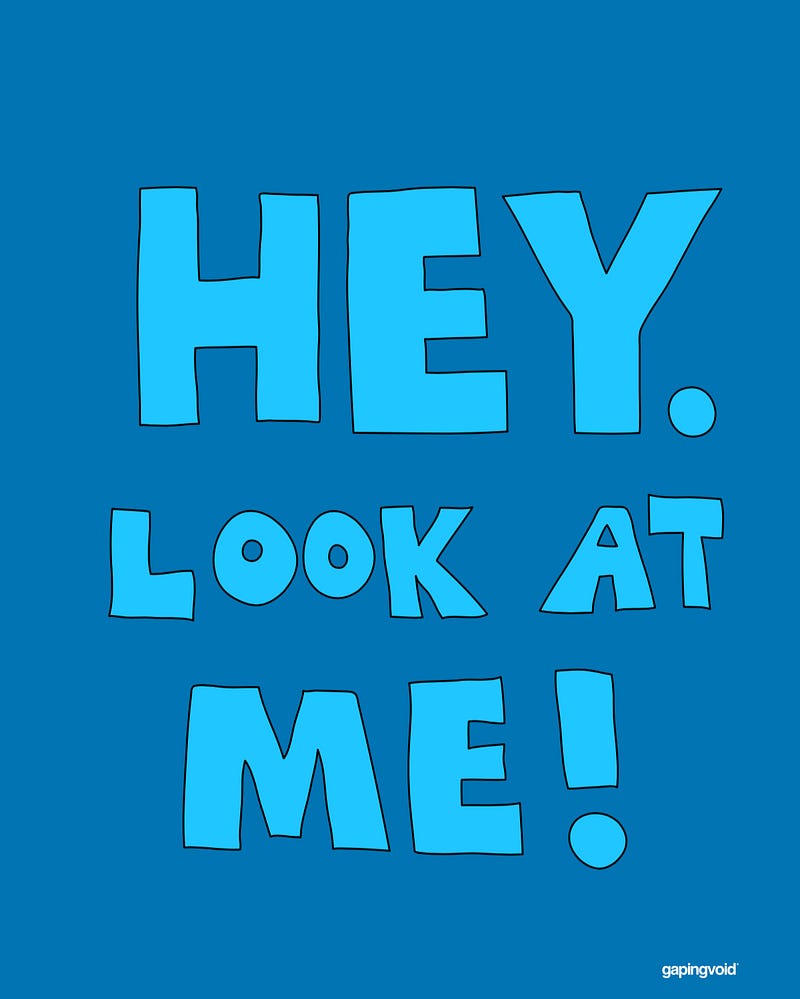
We’ve become obsessed with self. Our self wants to be loved by complete strangers and social media has made us believe that it’s the only route to achieve that love from strangers.
Wrong!
As everyone is doing exactly the same thing as us, it means the love that we believe we receive via likes, comments, hearts, shares or whatever the new trendy term is that’s being invented by new platforms. We have to conclude that none of it is actually real.
It’s fake!
When we respond to people on social media when people are desperate for our attention, the dopamine hit doesn’t last very long at all. It may not even occur when our last post doesn’t achieve the same amount of interaction as the previous one. We could even conclude that if it hasn’t performed as well, we wonder what’s wrong with us and a small depression hit might actually occur instead of a dopamine hit.
Happy hearting!
Suffering
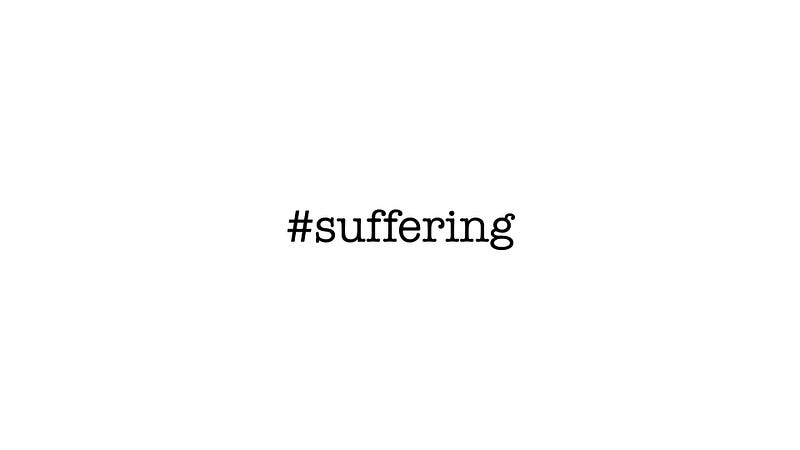
I am reading or rather listening to an audible book titled ‘The Art of Happiness’ by The Dalai Lama and Howard C. Cutler. Howard brings a Western perspective to Happiness and the two have a lively conversation about many issues related to happiness and the mind.
I have only listened to 1½ hours of a 10 hour book and it’s already having a profound effect on me.
‘Happiness is the absence of suffering’, a quote that will live with me forever.
How about looking at your day and reviewing it in terms of percentage of suffering vs percentage of happiness. This could be a fabulous measurement in terms of reflecting on how your mind behaves. More suffering each day will inevitably lead to depression, disease and discomfort at some stage. More happiness each day will lead, well, to more happiness longer term. Inevitably a longer life without disease or discomfort.
So what amounts to suffering?
This is just a starter for a list and feel free to add to it if you wish, I am sure you can think of more, but actually is there anything else?
- Negative thoughts about yourself
- Negative thoughts about others
- Judging yourself
- Judging others
- Disease, physical or mental, including pain
- Addictions to anything
Happy suffering?
It’s in the noticing
I notice
It’s in the reflecting
I reflect
It’s in the walking
I’m making progress
It’s in the fearing
I’m standing still
It’s when the suffering
Takes hold
It’s when the doubting
Slows me down
But in the absence
There’s happiness
And in the absence
There’s no suffering
Look Up!
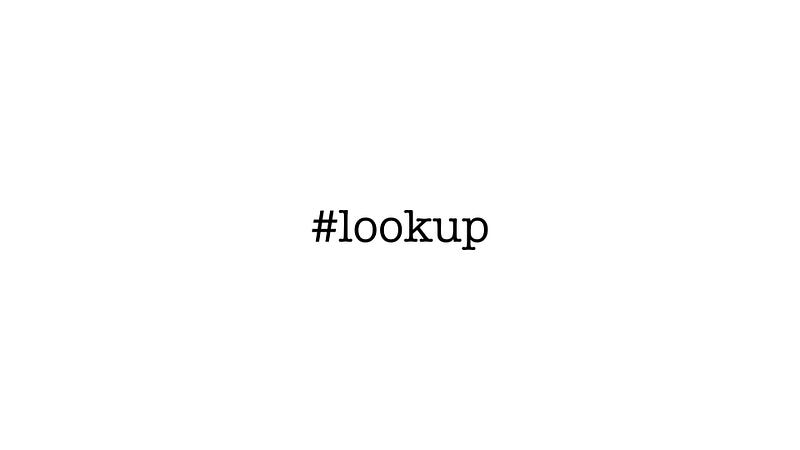
I spent around 30 minutes sitting on a bench in the sunshine in the middle of a Birmingham City park. It was the middle of the day and many people were walking around and going about their daily routine. Maybe they were doing some shopping or maybe they were getting some lunch.
I couldn’t help but notice that most people were taking no notice of their surroundings, because they were all looking at their smartphones. Every now and again they had to look up because if they didn’t they might walk into a lamp post or even another zombie.
It’s a very sad result of us wishing to embrace technology. Furthermore what example are we setting for young people. They witness us behaving like zombies and they will copy our behaviour and actions too. Especially as they will be begging to get their own devices by the age of well maybe 7 or 8?
[embed]https://www.youtube.com/watch?v=Z7dLU6fk9QY[/embed]
I also spent some time sitting in a coffee shop inside a shopping centre, doing some writing. I decided to pause my writing and look around at the people and I witnessed many groups of friends or maybe families walking together and every single person was walking with their smartphones in their hand. There was no conversation going on between them.
Do we all think this is normal or are have all become so addicted to our devices that we feel it’s more important to look at non-sense instead of spending time being fully present in the moment with our loved ones.
Lookup!
Grayscale
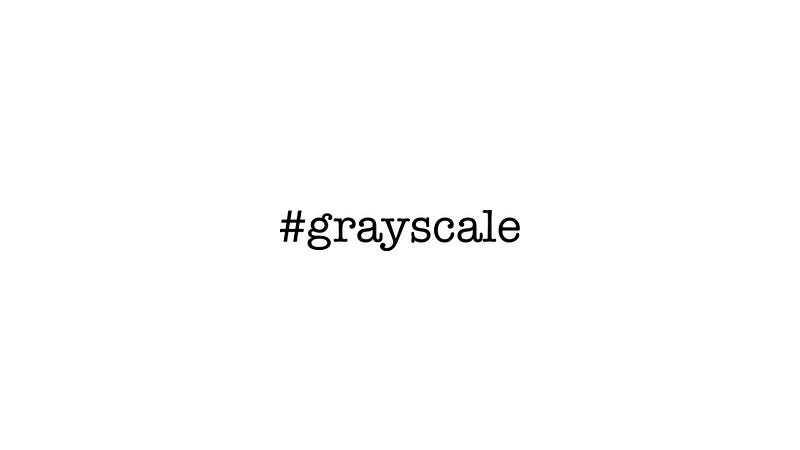
Listening to Tristan Harris recently during a live (recorded) Wisdom 2.0 conference, he recommended that we can do a couple of things to reduce our addiction to our smart phones. If you haven’t seen his TED Talk, you will enjoy it. WARNING: After watching his talk you will seriously change your habits in connection with your technology.
- Switch off all notifications. By the way I’ve done that for the past couple of years and it’s made a huge difference in my attention and being present in the moment.
- Switch the colours on your phone to ‘grayscale’. Now this one I didn’t know about and you can find it in your accessibility section. For the iPhone go to general>accessibility>display accommodations>colour filters and there make sure you switch colour filters to on.
I like this hack a lot. Not seeing the colours of those apps they become meaningless in your life and you will switch your attention to the useful apps that you need to use, instead of the mindless apps that you don’t need, like social media apps.
I have to say it looks weird, but I’m getting used to it.
The other tip that worked for me is to remove the Facebook app from my iPhone and iPad. Now I can only access Facebook by going to a browser on my iPad or my Mac. This is a major game changer, I’ve also paused my activity on Facebook altogether.
Happy graying out!
[embed]https://youtu.be/nAmhPGnstK8[/embed]
Social
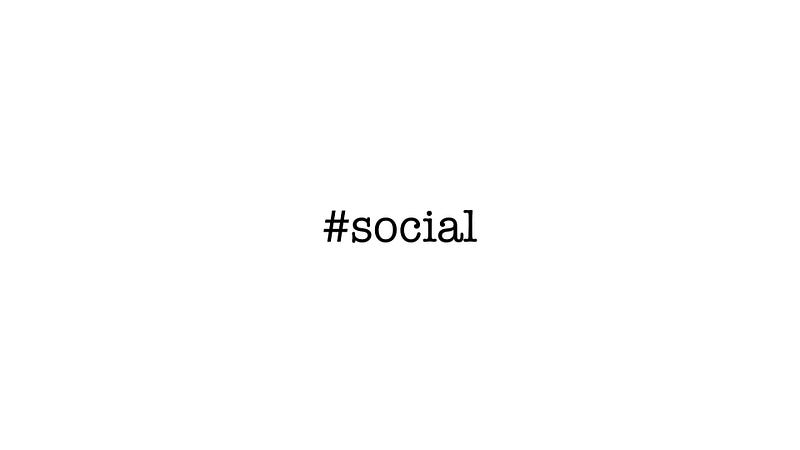
Social Media has managed to infiltrate every part of humanity, whether it be exposing our own personal lives or real time comments from the US President, it has become part of the fabric of society.
There are many good things that have been derived from Social Media and one of those has been the way that people from all over the world have connected to each other, families have become closer or have they?
Parents and grandparents are snooping on kids and grandchildren, or maybe they are just curious and feel closer to what they are doing in their lives?
There was a time when Social first came out that a lot of folks were saying things like ‘Why do I want to know what they’ve had for lunch?’ or ‘I have no interest in knowing every part of what they are doing in their lives!’.
Actually we’ve all become incredibly curious (nosey) about our connections and what they’re up to, to the point that we are thumbing through feeds with lightening speed, trying to catch a glimpse of news that may satisfy our curiosity and interest.
The truth is our curiosity will never ever be satisfied, we never say, oh good that post I just liked or commented on is enough for today, that will keep me going until tomorrow. We instantly look for the next post, image or video to satisfy or need.
Sad but true.
We are driving ourselves into Social Oblivion to a place where we eventually may need help to rid ourselves of our addiction to Social Media.
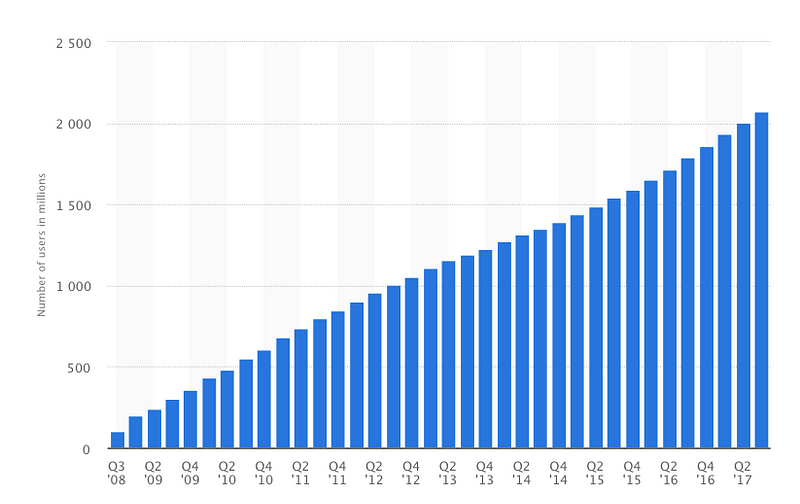
A few worrying statistics on Facebook. As of the third quarter of 2017, Facebook had 2.07 billion monthly active users. In the third quarter of 2012, the number of active Facebook users had surpassed 1 billion, making it the first social network ever to do so. Active users are those which have logged in to Facebook during the last 30 days.
You may wish to consider deleting the Facebook app from your smartphone, it will give you at least an extra hour per day, if not more. I’m not suggesting removing yourself as Social Media these days is now an essential part of your identity.
Happy posting!
Algorithm
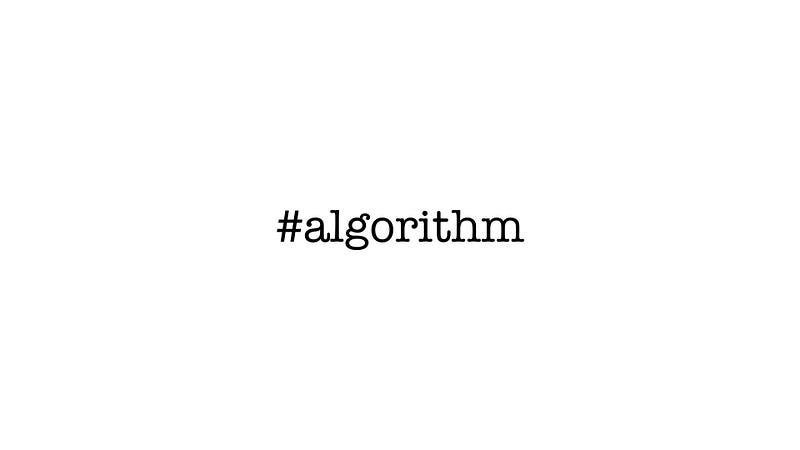
If I see one more post on Facebook that says ‘I’ve just found out that Facebook has yet another algorithm’, I swear that I’m going to rage quit Facebook. Just kidding of course I won’t, but these messages are definitely causing me some rage!
The fact is all the Social Networks are changing things every single week. Have you ever noticed Facebook’s weekly app update with the following words:
‘Thanks for using Facebook. To make our app better for you we bring updates to the App Store regularly. Every update of our Facebook includes improvements for speed and reliability. As new features become available, we’ll highlight those for you in the app.’
What is missing from that statement?
‘And we will also adjust our algorithm every week to ensure that we continue to maximise adverts for you and benefit our advertisers and also ensure that you will see more of those in your newsfeed compared with posts and updates from your friends, family and the brands that you adore.’
You haven’t been seeing relevant stuff in your newsfeed for years and now you’re jumping on the bandwagon of tricking your friends and family by asking them to leave a message on your post and you are also asking them to send that ridiculous message to their own newsfeeds. The crazy thing is that many are actually reacting to the request and guess what they’ve all seen your message! By asking those mugs to react to your post, it won’t mean that you will see more of their posts, it just means they will see more of yours, but then again that’s the whole purpose of this magic trick and you knew that!
Do you really know what has happened to you and why you are copying others on FB? Is there a slight possibility that you’re addicted to the network and that you are believing all the rubbish that’s being posted on there?
Get a life!
ps. Below is the real text of a real Facebook post that I see being posted on a daily basis. I only deleted the emojis that were interpsersed after each para/sentence. #OMG!
My apologies but it seems Ive missed births, marriages, birthdays and also really important stuff recently !!!
I was wondering why my newsfeed looked so different lately well It seems like I keep seeing the same 25 people!I’ve Just found out that Facebook has yet another new algorithm. So I’m doing a simple check, with your help.
Can everybody do me a quick favour?? If you’re seeing this, leave me a comment — just a quick “Hey” or your favourite emoji or gif would be great. The more interaction you have with people, the more friends will show up on your feed. Otherwise Facebook CHOOSES who you see!
Feel free to copy and paste to your own wall so you can have more interaction as well!
Technology!!
Thanks everyone and happy new year
Smartphone
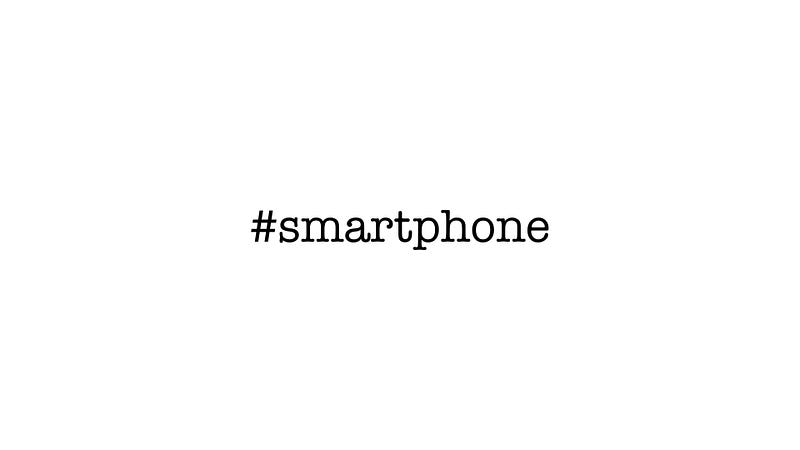
The very first concept of a Smartphone is said to have been envisioned back in the mid-1970s, but that idea didn’t come into fruition until almost 20 years later when IBM’s Simon Personal Communicator first showed its face in 1992.
Most of us will consider that Apple’s release of the iPhone in 2007 was the start of the smartphone revolution. It probably made the smartphone a commercial success and killed all the others off in the process although they didn’t know it yet until years later.
Today your smartphone has become an extension of your hand and occupies a large part of your brain too. You have literally hard wired your brain to be connected to your smartphone almost all of the time. If it’s not actually on your person, you will very likely be wondering where it is, wanting it to be back in your immediate surroundings, preferably your hand or at least where you can see it. Tethered to your power lead, making sure it has enough battery life in the worry that it might actually run out.
Most of us complain of not having enough battery life although manufacturers have been increasing battery life every single year and whenever a new smartphone comes out. It may even be one of the biggest reasons, subconsciously of course, that we upgrade our phones every year, when actually there’s no need to. It’s an illusion that you need more battery life. The reason your battery goes down so fast is that you spend more time thumbing your way through it, more than you ever did.
Remember before smartphones, if you are old enough, there was nothing to do on the mobiles of those early days, apart from making calls and texting, the battery used to last for days. And batteries today are thinner and last longer and because we’re constantly on them it means the battery is being used constantly.
Not the manufacturer’s fault, it’s your fault.
You place your smartphone by your bed at night and pick it up first thing in the morning. You check it more than 100 times per day at least, at the very least.
It is so bad that it’s believed that research needs to take place into the psychodynamics of these technologies, in terms of the emotional and possibly psychopathological function they are serving in people’s lives.
Next time you pick up your smartphone just know that your brain can’t function without it, you are literally hardwired and addicted.
Enjoy!
Addiction
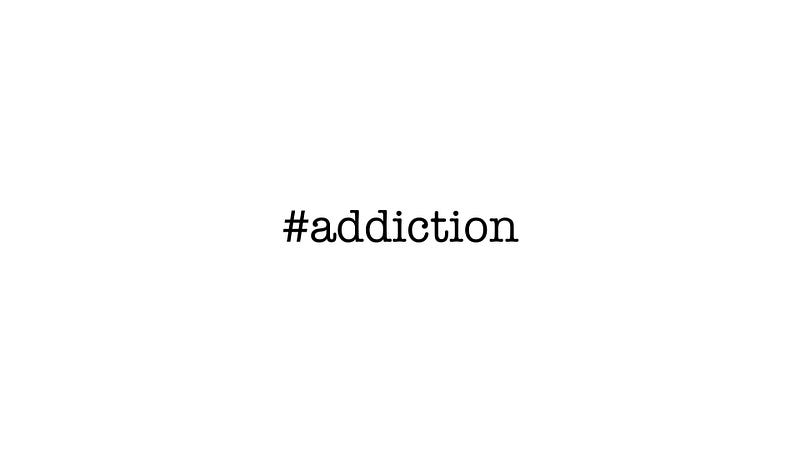
I embraced Social Media massively, studied many hours to become an expert in it and learnt from the best in the world.
Then at a business networking meeting at least 5 years ago, when I introduced myself as a Social Media trainer, the response was oh really not another one?
It made me think, I was already overwhelmed with all the networks I had to master, so I decided to specialise in LinkedIn only, I’ve always enjoyed B2B.
I came across the image below on @therealbanksy twitter and for me it really sums up the world of Social Media we live in today.
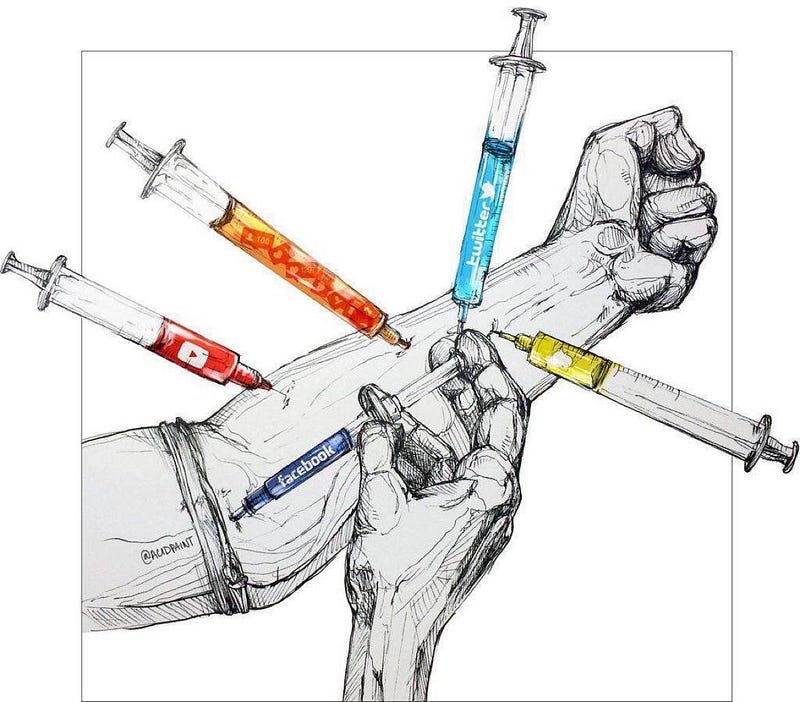
And last month (December 2017) 5 years after I became a LinkedIn trainer I stopped.
Why?
I am no longer as passionate about Social Media as I once was and I also believe it is a massive time grabber, which affects millions of us as it did for me.
99.9% of the posts that are being put out there get virtually no engagement or are never seen. I call it the ‘falling tree syndrome’. Millions of trees fall over and nobody is there to witness it. Just like your latest social media post.
So, what's it like in the Rabbit Hole?
Whilst being active on social media, our objectives are essentially selfish. Let's be honest, we can list our desires from social in a very short list.
- Wanting to get noticed.
- Wanting to get noticed.
- Wanting to get noticed.
The advice for getting noticed runs in the millions of posts across the web. It is literally deafening and equally overwhelming. There is so much stuff out there that we have gone blind. Our brains are zoning out the noise, our subconscious has been trained to ignore the majority of content that's being pushed out in front of us. The major social networks are managing to convince us that to get noticed you have to advertise, organic content isn't going to hack it.
Unless you make a conscious effort to seek content out for a particular and motivational reason, you are actually ignoring most things. Again they are hoping that advertising will make a difference to this.
However the most engaged conversations that I witness is when someone posts a controversial comment, accuses a big corporate of bad service or they say something about themselves that is deeply personal. After all we are very very curious (nosey) and interested in other people’s bad news or controversy. The, let's call it, old fashioned media have known this for centuries. The bad and controversial news about government leaders, business and celebrities is what interests people the most. Good news stories don't sell newspapers or online clicks for the advertisers.
Just pause for a moment. What was the last good news story you remember? Please do share it in the comments below, we all love hearing a good news story, there's so much bad news out there.
We are all ‘social media-holics’ in one way or another. Granted there will be people not on social media yet, but have a look at the stats, they are astounding.
3 Billion active social media users on the planet and growing every single day. Facebook has a mission to get Africa on the internet for one primary reason, allow them to get onto Facebook.
LinkedIn has a mission to create economic opportunity for every member of the global workforce, last count there are 3 billion of those! Their platform is at half a billion currently, so they have some distance to travel and no doubt they will do it.
Can you imagine how much content is going to be posted on these platforms when developing nations achieve massive internet access in the remotest parts of the world?
All the social platforms know that the western world are highly addicted and eventually will start dropping of members, so they have to look at other nations in the world to keep their billions of revenue coming in.
Nothing wrong with that of course, except creating more addicts in the world, more 'social media-holics'.
If you have managed to cut through the noise and found this article, well done to you!
My advice to you and I'm only talking to you directly, nobody else.
Reduce your social media posting to just one post per day of your own content. Then spend more time if you wish, on just one platform of your choice, engaging with your connections' content.
And with that I mean real conversations not a link post as such.
Just do this once per day, spend just 20-minutes researching your connections and respond to their real conversations.
That's it, it's my new minimalism social media strategy.
Looking forward to having more meaningful conversations with you.
Online is great and talking is even better. Everyone's ultimate goal in business and life is to make real connections, where you meet someone face to face. Before that meeting a conversation is the ultimate icebreaker. I value my LinkedIn connections and realise that I don't really know you or what your goals are and how I might facilitate or support those goals. Feel free to click through and book a call with me http://styin.me/discovery-call-20mins.
Have you been on a Social Media Diet yet?
Well if you haven't yet, I promise you that one day you will.
I feel for parents these days. They have the toughest job, especially with addicted kids and teenagers. Addicted to their emotions and technology. I know we joke about Wi-Fi and Battery life being before Physiological needs on Maslow's hierarchy of needs, but it's probably true. Try taking a teenager's smartphone away from them and they won't be talking to you for weeks, if ever. You might as well have chopped off their right arm.
This is the opening sentence by Tristan Harris during his latest Ted Talk filmed in April 2017;
'I want you to imagine walking into a room, a control room with a bunch of people, a hundred people, hunched over a desk with little dials, and that that control room will shape the thoughts and feelings of a billion people. This might sound like science fiction, but this actually exists right now, today.'
He used to work in one of those control rooms. He witnessed that the major social networks that we love and hate are planning to make sure that they grab, as he calls it, a bit of your mind's time. So all those social networks, all of them, want a bit of your mind's time, time you never knew you had to give to them. Even when you are reading this article you are giving a bit of your mind's time to something you never knew was going to happen or even needed it to happen. By me writing this, sharing it on the internet, I am asking you to invest a bit of your mind's time into reading my article.
I've been sucked in by all of the networks in believing that I also should be, not only investing my mind in absorbing the content, I should be creating it too so others can invest their mind's time into my content.
Tristan talks about a feature on Snapchat called 'Snapstreaks'. Here's what he says;
'And they invented a feature called Snapstreaks, which shows the number of days in a row that two people have communicated with each other. In other words, what they just did is they gave two people something they don't want to lose. Because if you're a teenager, and you have 150 days in a row, you don't want that to go away. And so think of the little blocks of time that that schedules in kids' minds'.
Watch Tristan's TED Talk in full. 'The manipulative tricks tech companies use to capture your attention.'
Kids and teenagers are addicted to the internet, fact.
And dare I say it, I am and you are probably too. Want to take the test? Follow the link below. Maybe try and carry out the test on your child and teenager, somehow?
http://www.globaladdiction.org/dldocs/GLOBALADDICTION-Scales-InternetAddictionTest.pdf
Analyse Your Results:
0-20: Not at all nomophobic. You have a very healthy relationship with your device and have no problem being separated from it.
21-60: Mild nomophobia. You get a little antsy when you forget your phone at home for a day or get stuck somewhere without WiFi, but the anxiety isn’t too overwhelming.
61-100: Moderate nomophobia. You’re pretty attached to your device. You often check for updates while you’re walking down the street or talking to a friend, and you often feel anxious when you’re disconnected. Consider a personal detox.
101-120: Severe nomophobia. You can barely go for 60 seconds without checking your phone. It’s the first thing you check in the morning and the last at night and dominates most of your activities in-between. You may need to seek professional assistance.
Read the full article: Technology and Internet addiction: How to recognise it and recover from it.
https://www.comparitech.com/internet-providers/technology-internet-addiction
You might also enjoy an article I wrote back in 2013 title: 'Do Social Networks Sell Drugs';
https://www.stayingaliveuk.com/blog/2013/06/do-social-networks-sell-drugs
Now I know that they do, as I have probably been an addict since then.
All of us for sure will be going on a Social Media Diet. And I have it in my mind to be writing the first one of it's kind. Mind you it means I will also have to try it out! Now that might be a lot tougher.
--
Online is great and talking is even better. Everyone's ultimate goal in business and life is to make real connections, where you meet someone face to face. Before that meeting a conversation is the ultimate icebreaker. I value my LinkedIn connections and realise that I don't really know you or what your goals are and how I might facilitate or support those goals. Feel free to click through and book a call with me http://styin.me/discovery-call-20mins.



